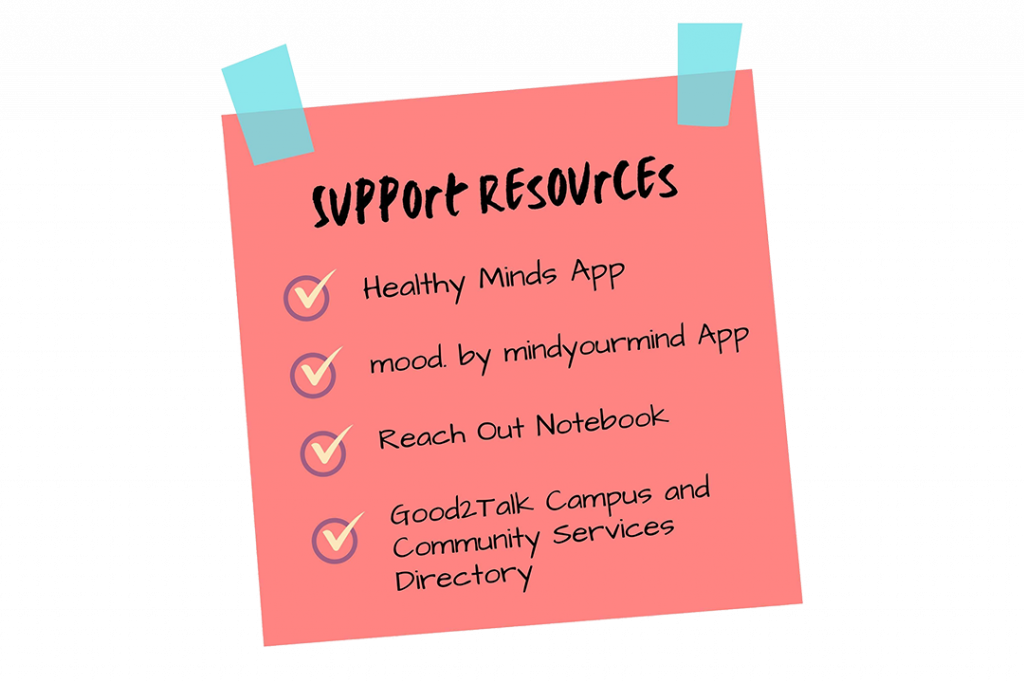
If you’re reading this, it’s likely that you’re feeling sad, low or down etc., and wondering if you’re experiencing depression. We want to start by letting you know that you’re not alone, support is available and Good2Talk is here to help. (Seriously, we’re here for you!) Before starting, you can try taking a few deep, soothing breaths and find a comfortable space to learn more by browsing the content below.
On this page
What are some common signs of depression?
Everyone experiences feelings of sadness from time to time. Depression is usually long lasting, intense and can affect your thoughts, feelings and actions. Although everyone’s experience is unique, depression may cause people to:
- cry a lot
- engage in more high-risk behaviours than they used to
- experience negative thoughts / feelings
- experience thoughts about death or suicide
- feel disconnected from themselves
- feel helpless, hopeless, alone, irritable, numb, guilty, anxious and / or stressed
- feel sad, down or low most days
- feel tired / like they’re lacking energy
- have difficulty concentrating at school / work
- have difficulty with sleep / appetite
- lose interest in things they used to enjoy
- struggle making decisions
- use drugs and / or alcohol to cope
- withdraw from friends / family
What are some possible causes of depression?
Did you know that depression is actually one of the most commonly diagnosed mental health disorders? And it’s not “just a phase” or something you can “snap out of” like some might say. A variety of factors can contribute to the development of depression, including but not limited to:
- a big life change
- a family history of mental disorders
- abuse
- experiencing racism / oppression
- substance use
- trauma
What does depression feel like?
Depression can feel different for everyone. Sometimes, naming your emotions can help you gain a better understanding of what you’re going through. For example, a young adult who’s experiencing depression may be feeling:
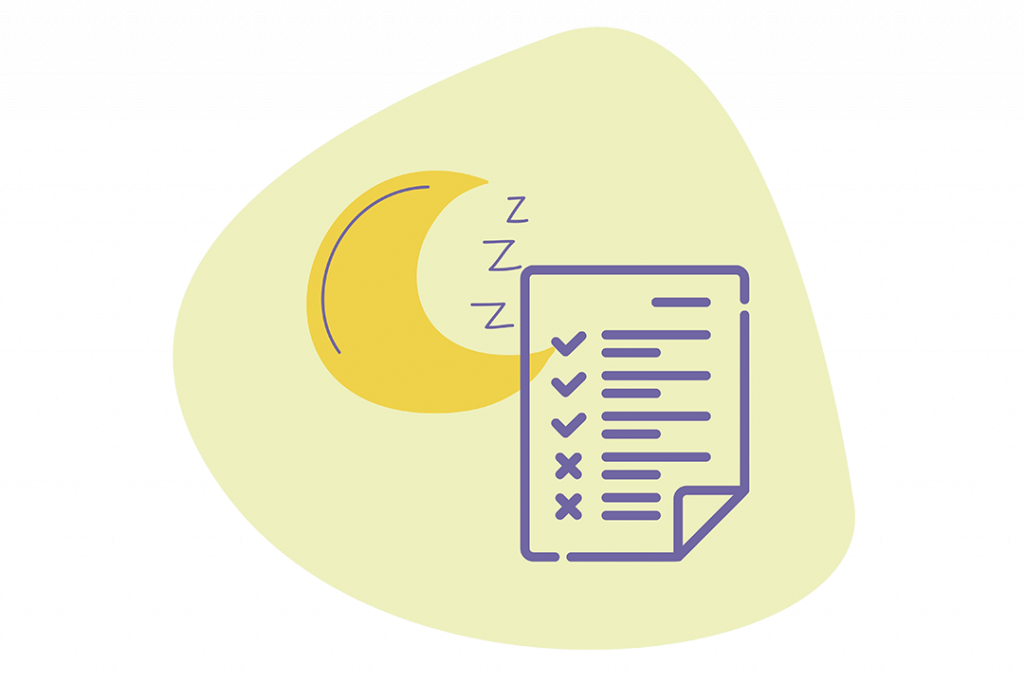
hopeless and unable to sleep because of a disappointing grade in a course
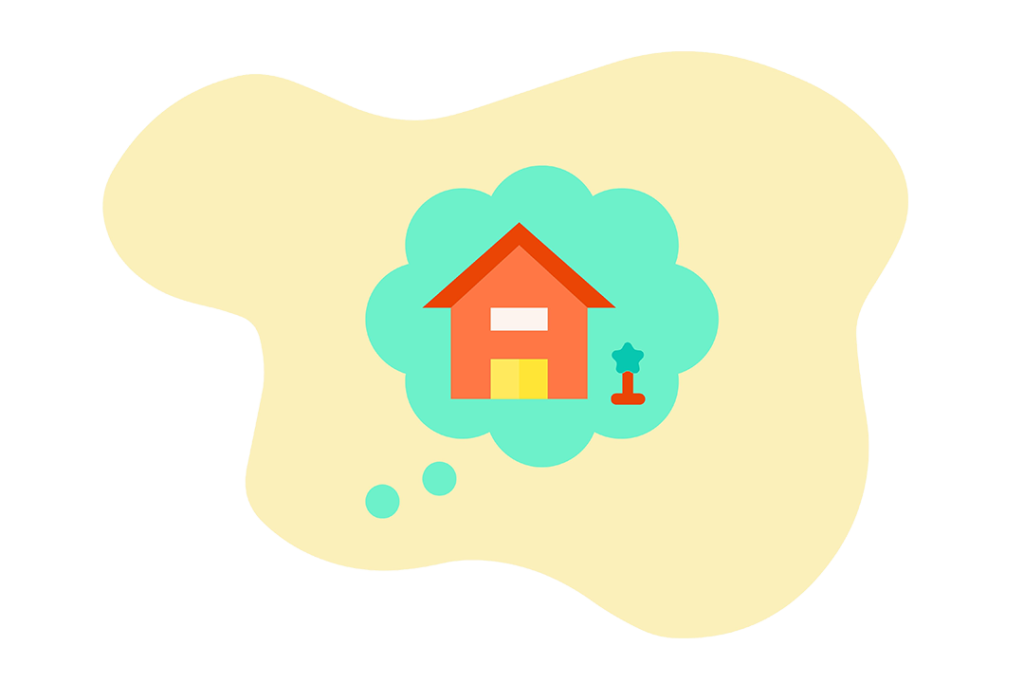
homesick, isolated and totally alone as an international student
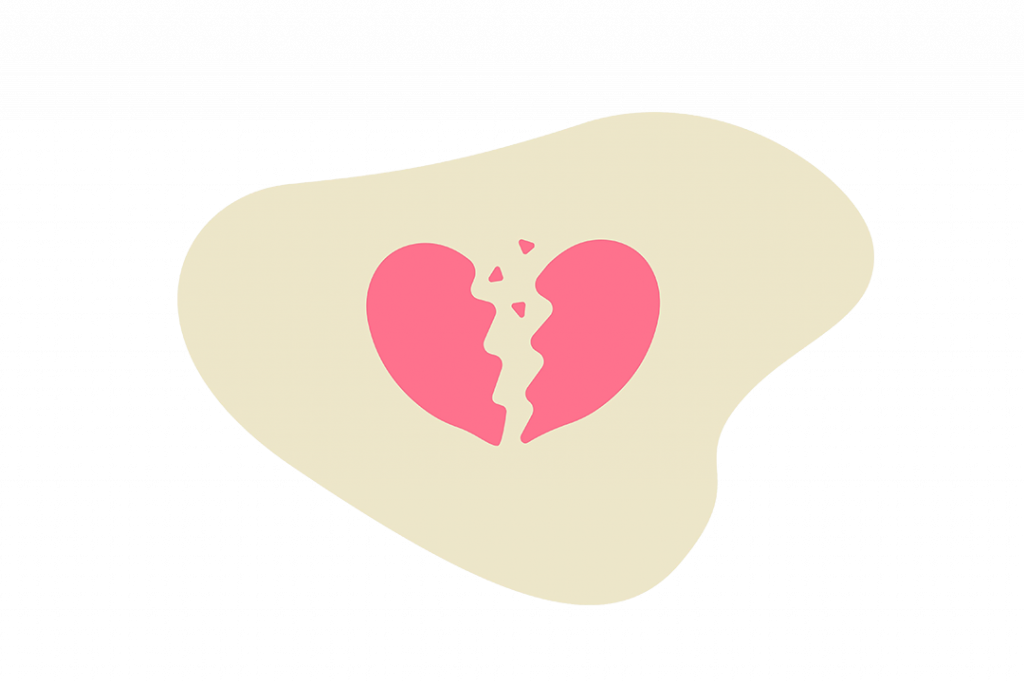
rejected and like they’re spiraling out of control after a breakup
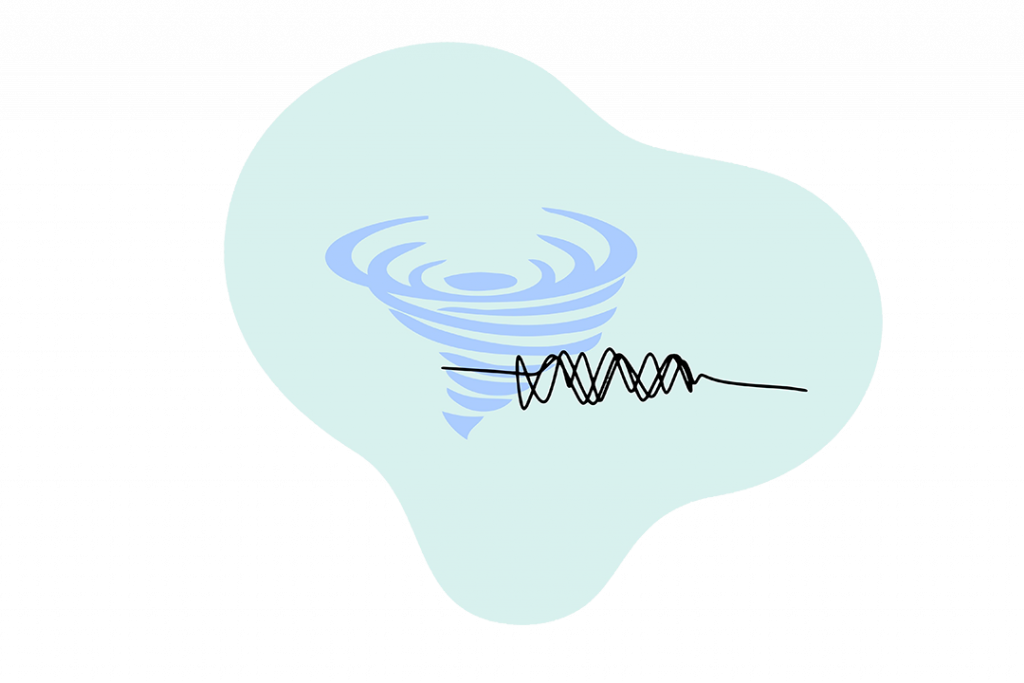
doomed and experiencing a whirlwind of unhappy thoughts and emotions about the future

alone and like they don’t belong / will never be accepted because of who they are
Where can I get help if I think I’m experiencing depression?
Before Googling your experiences and trying to self-diagnose them (hey, we’ve all done it!), keep in mind that only a doctor, psychologist or psychiatrist can diagnose depression. You can reach out to a doctor / mental health professional, on-campus health team, social / community group or another safe adult for more information on the supports you’re searching for.
What can I say when I reach out?
Sometimes, it can be hard to know how to start a conversation. That’s OK! Here are some examples you can try (by sharing in whatever way works best / is safest for you):
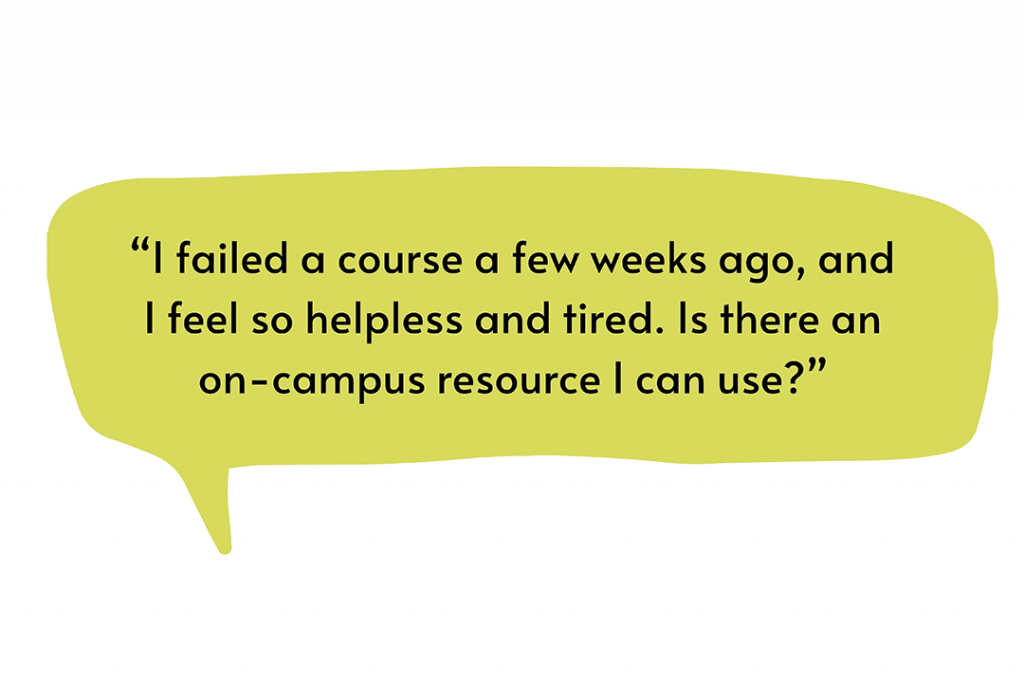
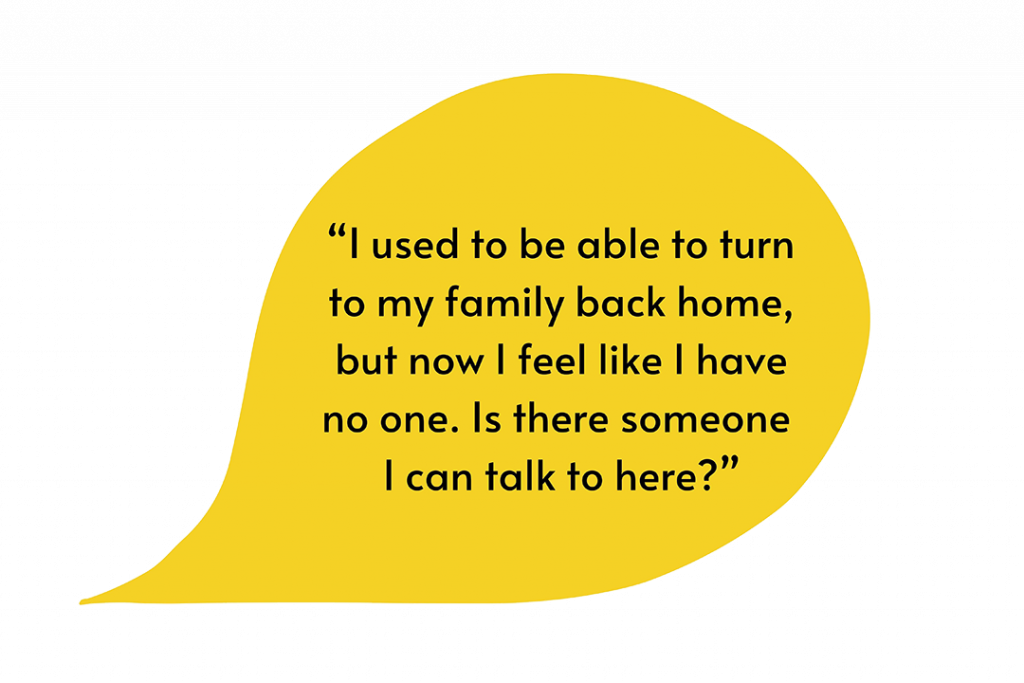
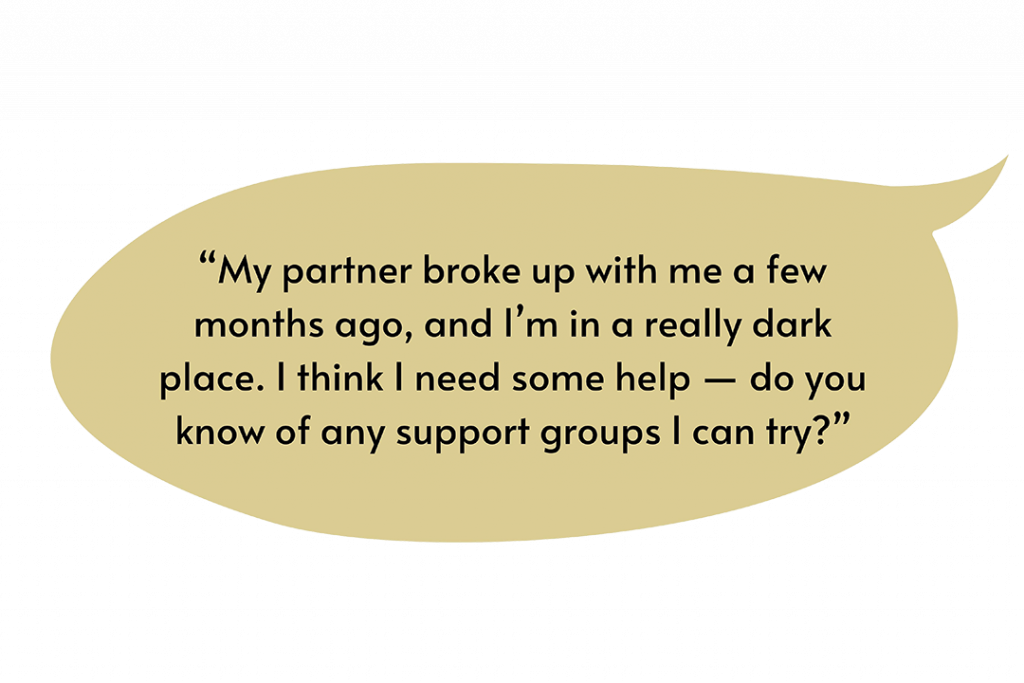
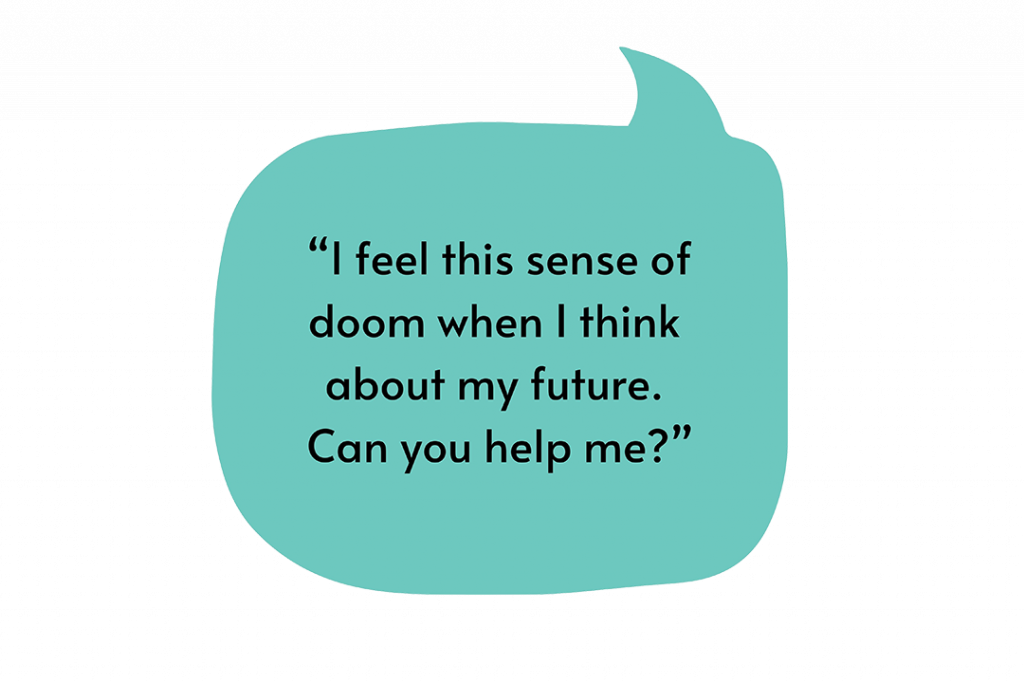
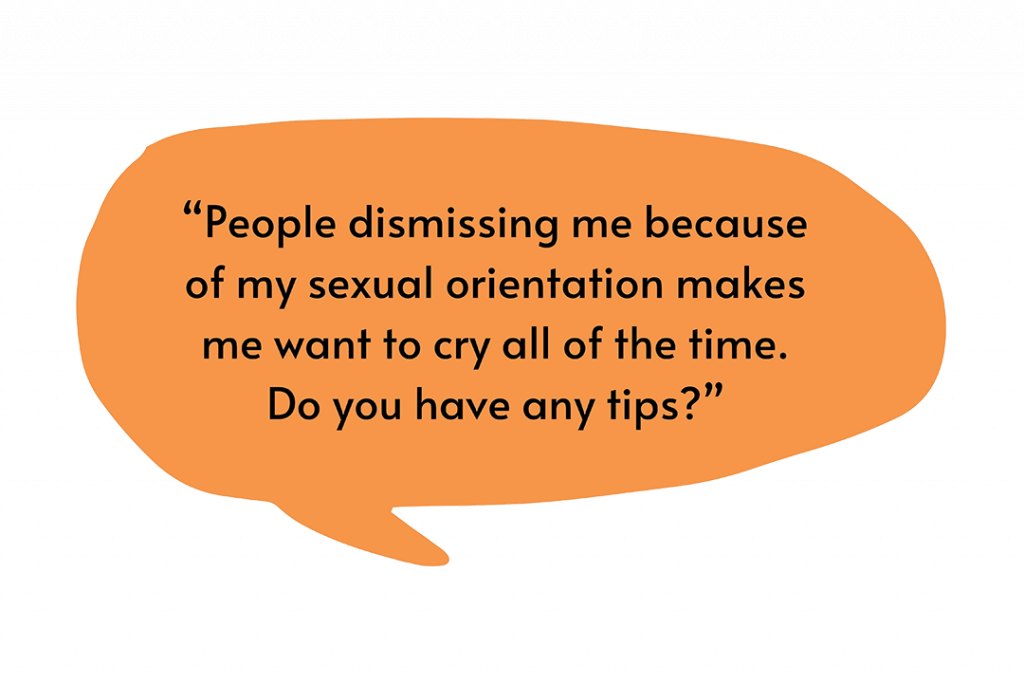
If you chat with a doctor, psychologist or psychiatrist and they make a diagnosis of depression, they can share ways to treat and manage it so you can start to feel better. Treatment for depression can include medication, counselling, therapy and / or other things to boost your mood (e.g. regular exercise, a self-care regimen, a sleep routine, etc.). Even if you’re not diagnosed with depression, the professional you work with may be able to help you explore other supports for whatever’s going on.
Good2Talk knows that accessing mental health support can be challenging for some post-secondary students. Our professional counsellors and volunteer crisis responders can provide you with free, confidential support and on-campus referrals 24/7. You can also check out the following resources for more info and support at any time. (We even like to use these ourselves!)
Post-secondary students often experience ups and downs on their academic and wellness journeys. If the downs include prolonged feelings of sadness, know that you can call or text us 24/7 for help. We’re Good2Talk whenever you need us!
